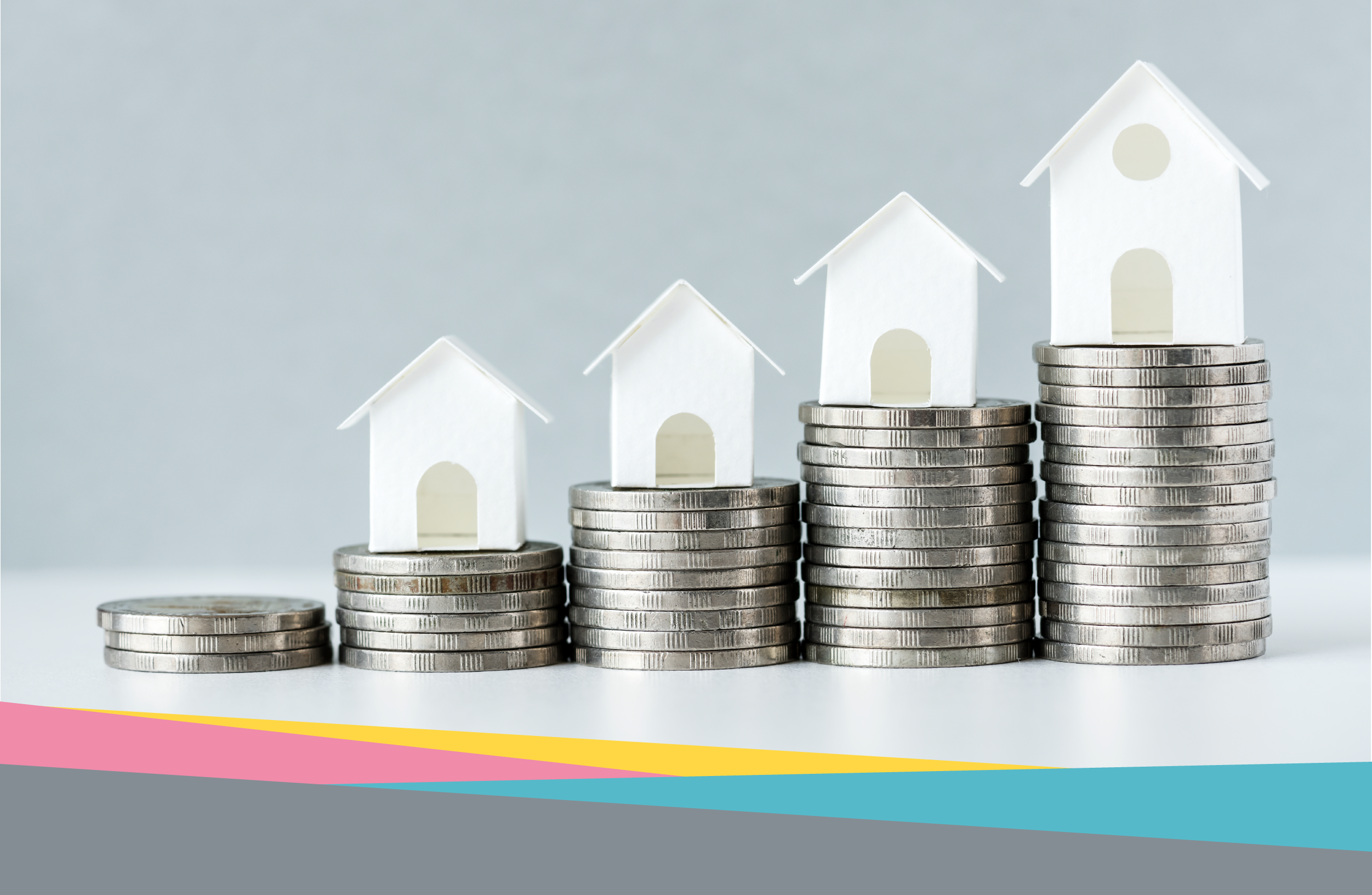Interest rates have gone up for the first time in three years.
On 15 December 2021, the Monetary Policy Committee (MPC) voted to increase Britain’s Base Rate to 0.25%, up from the historically low 0.1% rate that had been in place since 2018. What happened, and how will it affect your landlords and tenants? Read on to find out more.
Understanding the Context
British inflation jumped to a 10-year high in November, jumping to 5.1% according to the Office for National Statistics. Supply chain issues surrounding Brexit have forcibly pushed up prices due to a lack of high-demand products, including cars, gaming consoles, clothing and petrol.
The Bank of England (BoE) wants to maintain a 2% inflation rate to create a stable economy post-pandemic, but after opting to keep interest rates at the historic 0.1% in November, the pressure finally told.
When will interest rates increase again?
The next MPC meeting takes place in February 2022, which will be the first opportunity for the MPC to make another move.
However, the Omicron variant poses a threat to economic stability over the winter months, so speculation is just that for now—speculation.
Nevertheless, this move by the MPC is the start, not the end of interest rate hikes over the next 24 months, as the BoE attempts to reduce the inflation rate.
What does an interest rate increase mean for tenants?
The cautious interest rate hardly means tenants will be earning big money off their savings, but it does represent a new age of saving and spending.
As banks adjust to meet the new interest rates, competition will increase as banks compete with each other to attract new customers with better deals, which will empower tenants to move their money in a way that benefits them.
However, it isn’t all good news for tenants. As interest rates go up, so will mortgage repayments. This means that any tenant whose landlord uses their rental income to cover mortgage repayments may find themselves paying higher rents next year.
Meanwhile, the ongoing energy crisis poses a risk to tenants’ financial security—it’s hard to save money when bills are soaring, so many tenants’ short-term goals will be to avoid falling into arrears.
How will my landlords’ mortgage repayments be affected?
This interest rate is likely the first of many to happen over the next 24 months, so “cheap” mortgages will soon become a thing of the past.
Nevertheless, rates are still incredibly low—so mortgage deals remain affordable, relatively speaking.
Landlords with variable rate deals will be the most nervous; lenders have a choice in how much of the interest rate hike they pass onto their borrowers. This could mean hundreds of pounds a year in extra repayment costs.
The interest rate hike also means landlords looking to remortgage will need to do so very quickly. Banks will start changing their terms immediately, so finding an attractive fixed-rate deal will become more and more difficult over the coming months. Meanwhile, increased competition for new mortgage rates also means higher early-exit fees to switch deals. Landlords may find it cheaper to pay the fees and switch deals, than stick with what they’ve already got; so it’s worth encouraging them to speak to a mortgage advisor about this.
What letting agents should do next?
Explain to your landlords that the ball is still in their court, for now. Anyone looking to remortgage should act fast, especially if they want a fixed-rate mortgage to take them into 2022 and beyond. Meanwhile, inform your landlords that there are knock-on effects for their tenants. Minimising rent increases where possible is encouraged, as many tenants are in a financially risky position through no fault of their own and likely feeling the impact of the Omicron variant, the energy crisis and general cost of living increases.

